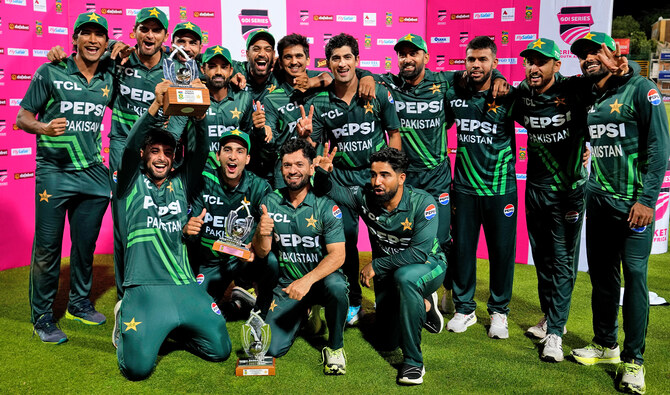ISLAMABAD: Pakistan received 1.24 million doses of the AstraZeneca vaccine from the COVAX facility on Saturday, bringing the total number of COVID-19 vaccines delivered under the global initiative to five million in Pakistan, the United Nations’ Office said on Saturday.
“Since May, 2.4 million doses of AstraZeneca, 100,160 doses of Pfizer and 2.5 million doses of Moderna, the latter donated by the United States under the dose-sharing mechanism, have been delivered to Pakistan via COVAX,” a statement by the UN Information Center (UNIC) in Islamabad added.
Backed by the World Health Organization (WHO) and the Global Alliance for Vaccines and Immunization (GAVI), COVAX aims to secure 2 billion vaccines for lower-income countries by the year-end to facilitate equitable access to safe and effective doses, which are essential to ending the COVID-19 pandemic.
The latest delivery comes at a critical time as Pakistan intensifies its vaccination campaign, launched in February to curb a spike in COVID-19 cases across the country.
On Sunday, Pakistan registered 2,607 new infections after 48,816 tests, while its positivity ratio stood at 5.34 percent.
Statistics 18 Jul 21:
Total Tests in Last 24 Hours: 48,816
Positive Cases: 2607
Positivity % : 5.34%
Deaths : 21— NCOC (@OfficialNcoc) July 18, 2021
Aida Girma, UNICEF Representative in Pakistan, said it would continue “supporting global COVID-19 vaccination efforts through COVAX to maximize supply and access to safe, effective, and affordable vaccines.”
The South Asian nation of over 220 million has administered more than 22.7 million doses of COVID-19 vaccines so far.
Vaccine Statistics:
Vaccine administered across Pakistan on 16 July: 513,292
Total vaccine administered till now: 22,735,993— NCOC (@OfficialNcoc) July 17, 2021
Dr. Palitha Mahipala, a WHO representative in Pakistan, said it was a “remarkable achievement” that COVID-19 vaccines are equitably made available to people “even in the remotest areas of Pakistan.”
“The vaccine roll-out has helped prevent COVID-19 infections, with its associated risk of hospitalization and death, and has reduced pressure on the health care system,” Mahipala said in a statement.
“On behalf of the COVAX facility, I reiterate that we will support the Government of Pakistan with COVID-19 vaccines for around 20 percent of the population,” she added.
Since the start of the pandemic last year, Pakistan has reported 989,275 COVID-19 cases and 22,781 deaths, with the government pushing for strict compliance with health protocols to curb the outbreak.
















